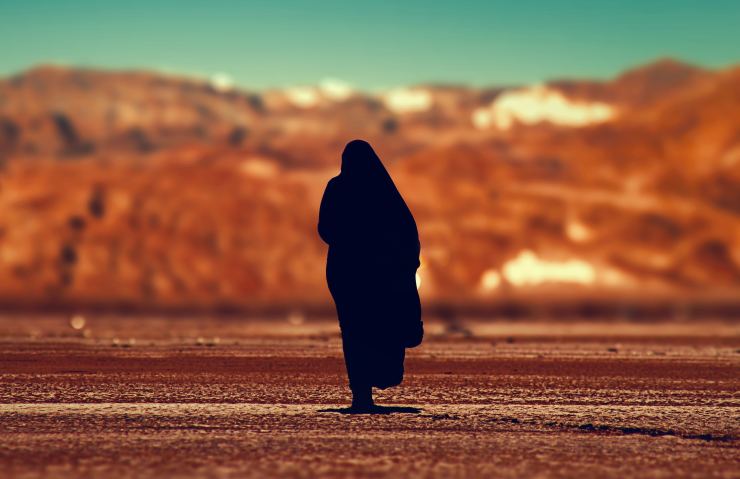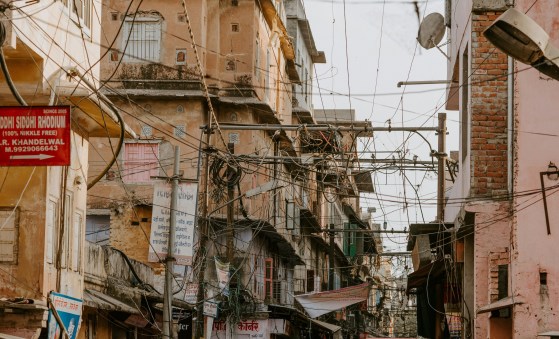
The Supreme Court of Pakistan has issued a directive urging the government to respond to a petition aimed at halting the forced conversion and marriage of minority girls, often used to disguise instances of child rape. The move follows a petition challenging the Lahore High Court's decision to send Nayab Gill, a Christian girl who was 13 years old at the time, to live with her Muslim "husband" two years ago.
Attorney Saif Ul Malook submitted the petition to the Supreme Court in August 2021, objecting to the LHC's ruling that sent Nayab with Saddam Hayat, a 30-year-old man accused of abducting her and coercing her into converting to Islam, reported Morning Star News. Despite Nayab's return to her family after escaping her captor, the Supreme Court decided to address the broader issue.
Malook highlighted the discrepancies between penal laws and Sharia (Islamic law) regarding the minimum marriageable age for girls. He pointed out that courts often accept claims from victims that they are of majority age and can marry of their own free will, disregarding official birth documents and supporting evidence.
In Nayab's case, the LHC disregarded her official birth documents confirming her age as 13, accepting her coerced claim that she was 19 and had willingly married Hayat. Although Pakistani law considers intercourse with girls under 16 as rape, courts have allowed marriages of underage Muslim girls under the pretext that a consenting girl who has reached puberty can marry.
The Supreme Court's response is seen as a pivotal moment, as it's the first instance where the legal age of marriage for minority girls will be addressed. This issue is of utmost importance to religious minorities, particularly Christians and Hindus, who are increasingly concerned about forced conversions and marriages of minor girls with their abductors.
Church of Pakistan President Bishop Azad Marshall expressed hope that the Supreme Court's decision would protect young girls. Speaking to Morning Star News he emphasized that while the lower judiciary often facilitates child marriages and conversions, government officials are reluctant to acknowledge that such actions mask abduction and child rape.
The case is particularly significant given the ongoing threats faced by religious minorities in Pakistan. The Supreme Court's action has brought renewed hope to Nayab's parents and the larger Christian community, who anticipate justice for their daughter and an end to such atrocities.
While Pakistani law recognizes underage marriages as illegal, the practice persists due to a disconnect between the law and religious norms. Nayab's case has spurred a call for uniformity in the age of marriage across the country to ensure the implementation of child marriage laws.
The case sheds light on the complex struggle to protect the rights of minority girls in Pakistan, who often become victims of forced conversions and marriages under the guise of religious freedom. The Supreme Court's ruling has the potential to set a precedent that safeguards the well-being of these vulnerable girls and addresses the ongoing human rights concerns.
This decisive legal action is a step toward promoting justice, protecting the rights of religious minorities, and ending the practice of forced conversions and child marriages that have plagued Pakistan for years.




